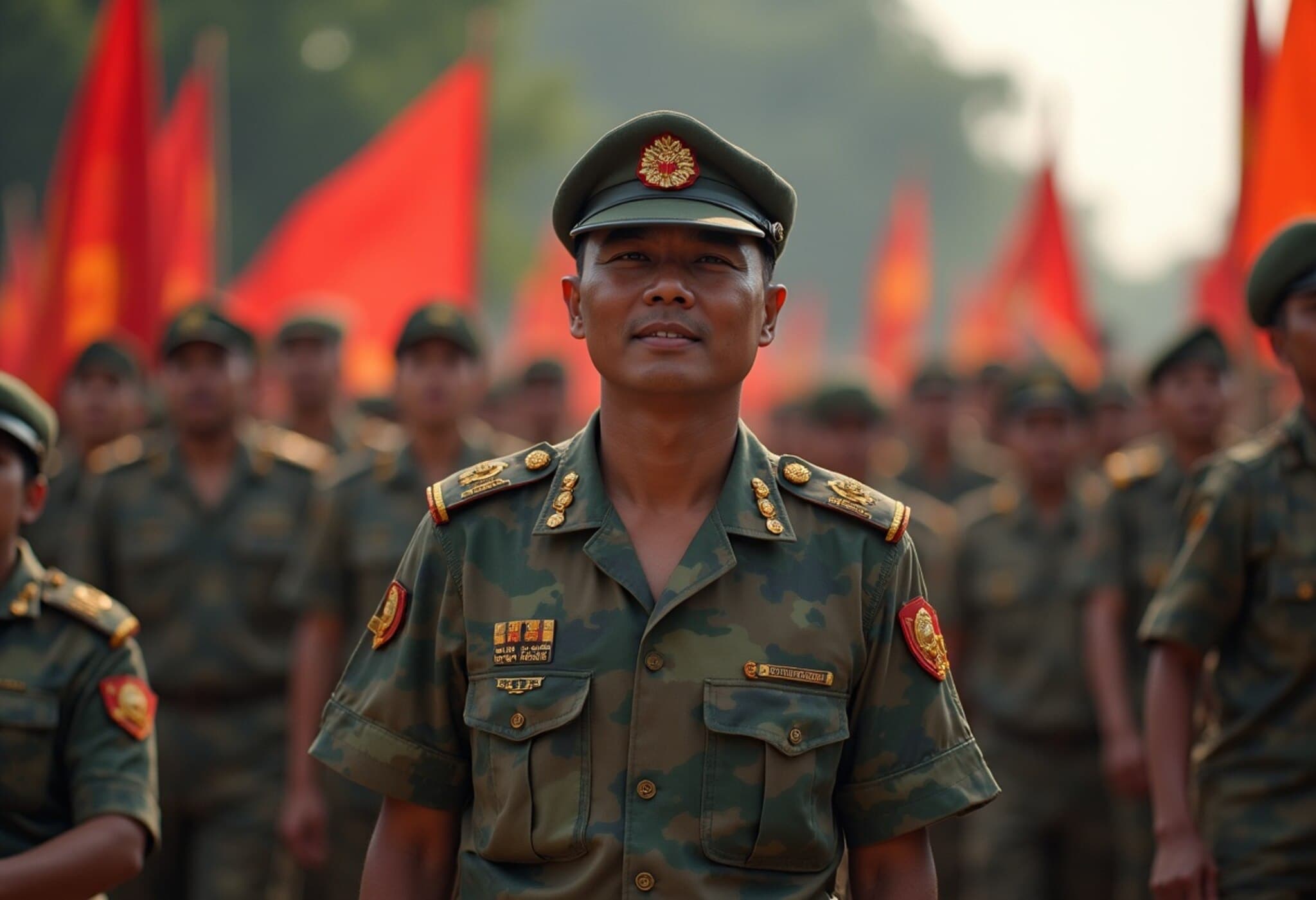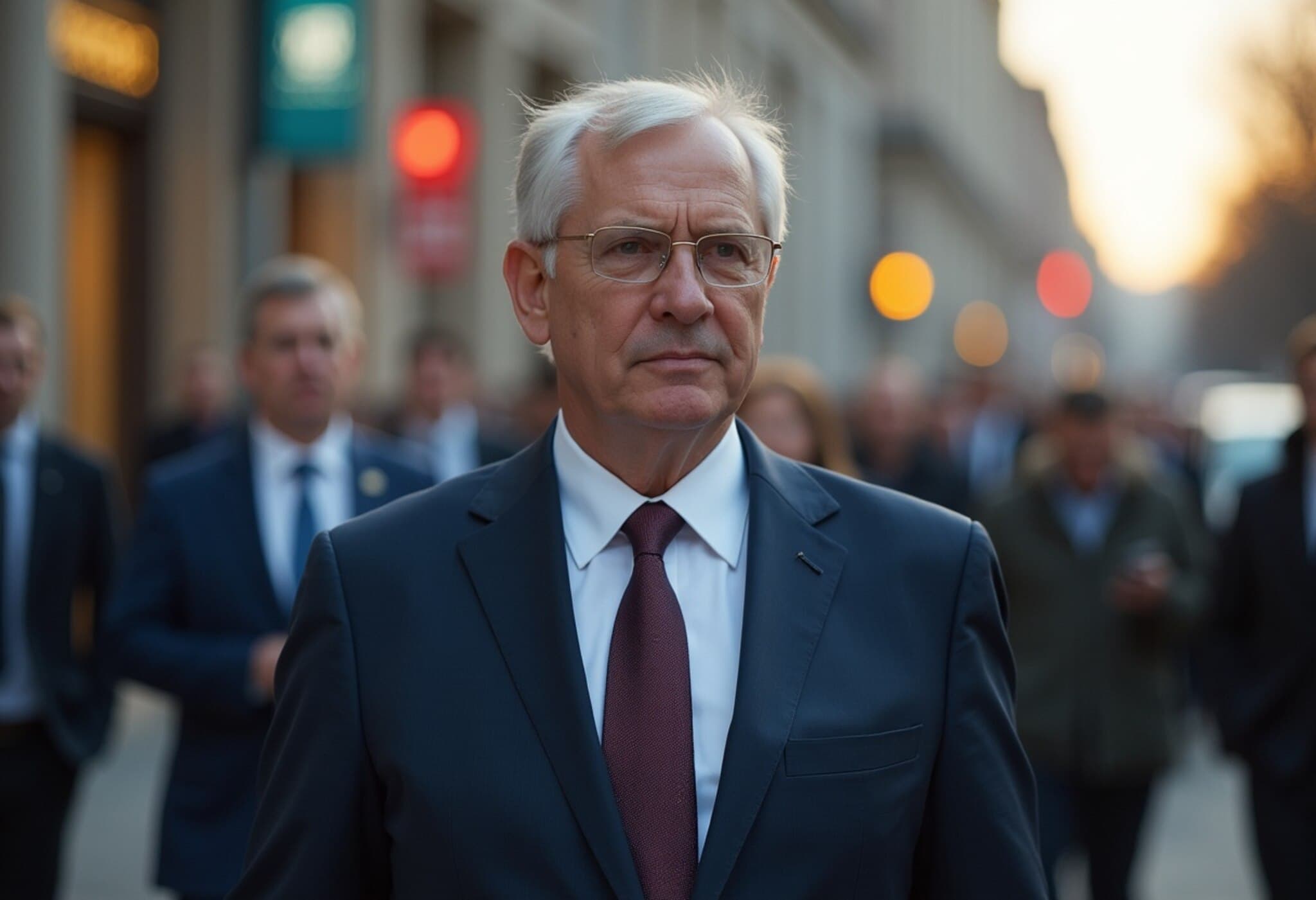Myanmar’s Junta Schedules December Election Despite Persistent Conflict
In the midst of a brutal civil war that has devastated Myanmar for years, the country’s ruling military junta has announced plans to hold the first phase of national elections on December 28, 2025. This move comes nearly five years after the military coup that toppled the democratically elected government led by Nobel laureate Aung San Suu Kyi.
Election Announcement and Timeline
According to Myanmar state television and the Union Election Commission, the initial voting will take place in late December with subsequent phases of the election to roll out through January 2026. The authorities have warned that the staggered timing is primarily for security reasons amid widespread armed conflict and unrest across the country.
The election is set to cover more than 300 constituencies nationwide, including some regions currently controlled by various armed ethnic and opposition groups.
Political Context: Military Rule and Resistance
The military coup on February 1, 2021, led by General Min Aung Hlaing, abruptly ended Myanmar’s fragile democratic experiment and plunged the nation into chaos. Since then, the junta has faced persistent resistance from a coalition of ethnic armed organizations, newly formed militias, and pro-democracy factions.
Around 55 political parties have registered to contest the election, but only nine plan to compete nationwide. Many opposition parties and activists have either been banned from participation or have chosen to boycott the polls entirely, citing the election as a facade designed to legitimize military rule.
The Global Response: Questioning the Legitimacy
International observers and Western governments widely denounce the upcoming election as a sham. The concern is that the military will manipulate the results to entrench its hold on power, given the exclusion of genuine opposition and lack of independent electoral oversight.
Before the coup, the National League for Democracy (NLD) had won a landslide victory in the November 2020 elections. The military justified its seizure of power by alleging widespread electoral fraud during that vote—a claim unsubstantiated by international election monitors.
On-the-Ground Realities: Challenges Amid Conflict
Last year’s nationwide census, intended to establish voter rolls, faced severe limitations, reaching only 145 out of 330 townships due to instability and armed conflict. This demonstrates the logistical and security hurdles for conducting credible elections across the country.
Areas under control of ethnic armed groups or opposition militias present further complications, raising questions about voter access, freedom of expression, and the overall fairness of the electoral process.
Expert Insight: The Road Ahead for Myanmar’s Democracy
The December elections will be a critical moment for Myanmar, but many experts argue they will do little to resolve the fundamental crisis. Instead, the polls may deepen the divide, legitimizing an authoritarian regime while sidelining pro-democracy voices and ethnic minority rights.
For the United States and its allies, balancing diplomatic pressure and strategic interests in Southeast Asia will be essential. Support for inclusive dialogue, conflict resolution, and humanitarian aid remain key priorities.
Questions Left Unanswered
- Can the election truly represent the will of Myanmar’s people amid ongoing conflict and military control?
- What role will ethnic armed organizations play in shaping the country’s political future?
- How will the international community respond if the elections fail to meet basic fairness and transparency standards?
Editor’s Note
Myanmar’s scheduled elections symbolize both hope and uncertainty. While the prospect of a political process is a step forward, the shadow of conflict, repression, and flawed democracy looms large. Readers should consider the complexities of holding elections in conflict zones and remain critical of processes that may undermine genuine democratic aspirations. The coming months will reveal much about Myanmar’s trajectory—towards reconciliation or deeper turmoil.








